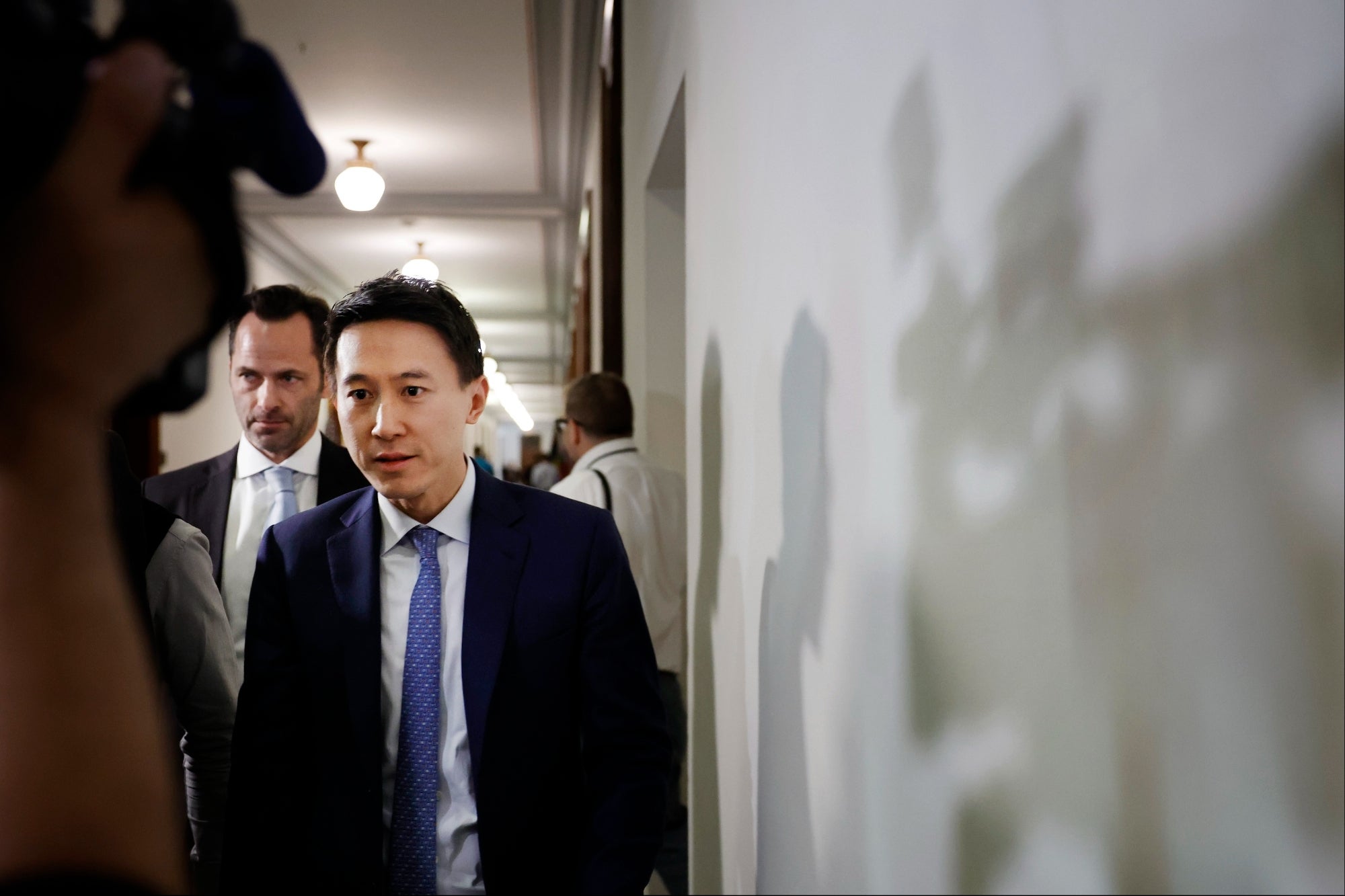How India's Ola Can Conquer The Rideshare Goliath Ola's success in India shows us that homegrown companies can, in fact, compete against global behemoths
By Jeff Kim •
Opinions expressed by Entrepreneur contributors are their own.
You're reading Entrepreneur India, an international franchise of Entrepreneur Media.

Active in over 70 countries and most recently valued at a whopping $62.5B, Uber seems poised to take over the transportation world - if it hasn't already. Yet not everyone is buying into the Uber hype. Countries like Korea, China and Japan have actively resisted and restricted the startup, demonstrating that just because Uber has been widely adopted in the United States and similar markets, success is not necessarily a given everywhere. This has proven particularly true in India, where the culture and infrastructure are distinct from Uber's Silicon Valley roots - and has allowed Ola, the local competitor - to dominate. Ola's success in India shows us that homegrown companies can, in fact, compete against global behemoths. But how can Ola, and similar services in other countries, truly win? The answer lies in localization and app optimization.
Don't just "localize,' be a local
Localization involves companies branching out and adapting their products or services to different markets. However, a common mistake companies make when localizing their product is to simply mimic the location's culture to try and offer an "authentic experience." Uber has tried to take the same principles it applied for its success in the United States to other regions but has faced many challenges due to cultural & policy differences. In Spain and France, for example, Uber is highly restricted or outright banned in most places, due to the government's support for the taxi industry.
As Uber has experienced, localization is tough - but it is a key to success in owning the market share against competitors. Understanding sentiment towards the market you are about to enter is paramount, especially if your service is disrupting the locals' current way of life. People tend to go with what they know, so making something totally new seem familiar is essential to guarantee adoption. As an Indian company, Ola's team has experienced first-hand the gripes of Indian commuters - their consumers - and are very familiar with the local transportation infrastructure in India. As such, Ola was able to tailor a favorable and appealing experience for users. Understanding what it's like to be one of the 1.3 billion people trying to get somewhere in India, Ola found itself better suited to address these issues, in real-time, giving the app a leg up in its competition with Uber.
Going forward, to gain additional momentum against Uber, Ola needs to continue to recruit native talent, perform grassroots research and engage with the community. Ola's co-founder, Bhavish Aggarwal, has already been lauded for his work helping the people of Chennai during a flash flood, and it's this local touch that drives brand loyalty, and will encourage Indians to choose Ola over Uber. Ride-sharing competitors in other regions would be smart to follow suit.
Optimize your app for local conditions
Aside from understanding the regional attitude, it's vitally important that your app works - it's that simple. Users are ruthless about mobile app performance; only 16 percent of users will try an app more than twice if it fails. After two strikeouts, a user might uninstall, switch to a competitor or give your app a bad review. Typically, app stores take all these into account for their store ratings, so to stay at the top of the list, companies must make sure apps are optimized and built to load quickly in order to provide a seamless customer experience from start to finish.
A key factor in ensuring your app is ready for local markets is understanding what technologies are available and how they're being interacted with. For example, while apps from larger companies based in the U.S., like Uber, are built for 4G connectivity, emerging markets like India still run primarily on 2G and 3G networks. As a local player, Ola should be able to easily experience first-hand what functions are typically slower and where the issues lie when it comes to ride-sharing apps. Once those pain points are determined, Ola must adapt and optimize the app for local networks and guarantee its app runs faster and better than Uber, every single time. Purpose-built SDKs to accelerate the app can help.
Designing your app for local connectivity is vital in ensuring the product's adoption. Having a host in the local market can help improve app and data communication as well as quickly fix any bugs/issues specifically in that region as well.
Just because Uber is a rideshare Goliath doesn't mean it can't be taken down by the local Davids of the world. By running the app like a local, keeping your app optimized and accelerated for the region it's operating in and ensuring that you're quickly resolving any functionality snags, your app can outperform "the Uber of".... well, you get the idea.











